ITA Airways seeks DOT’s approval to join the Air Canada-Lufthansa-United Airlines A++ JV
One of the most interesting arguments that the trio made was that disapproval of ATI for the joint venture would be against the policy of the US.
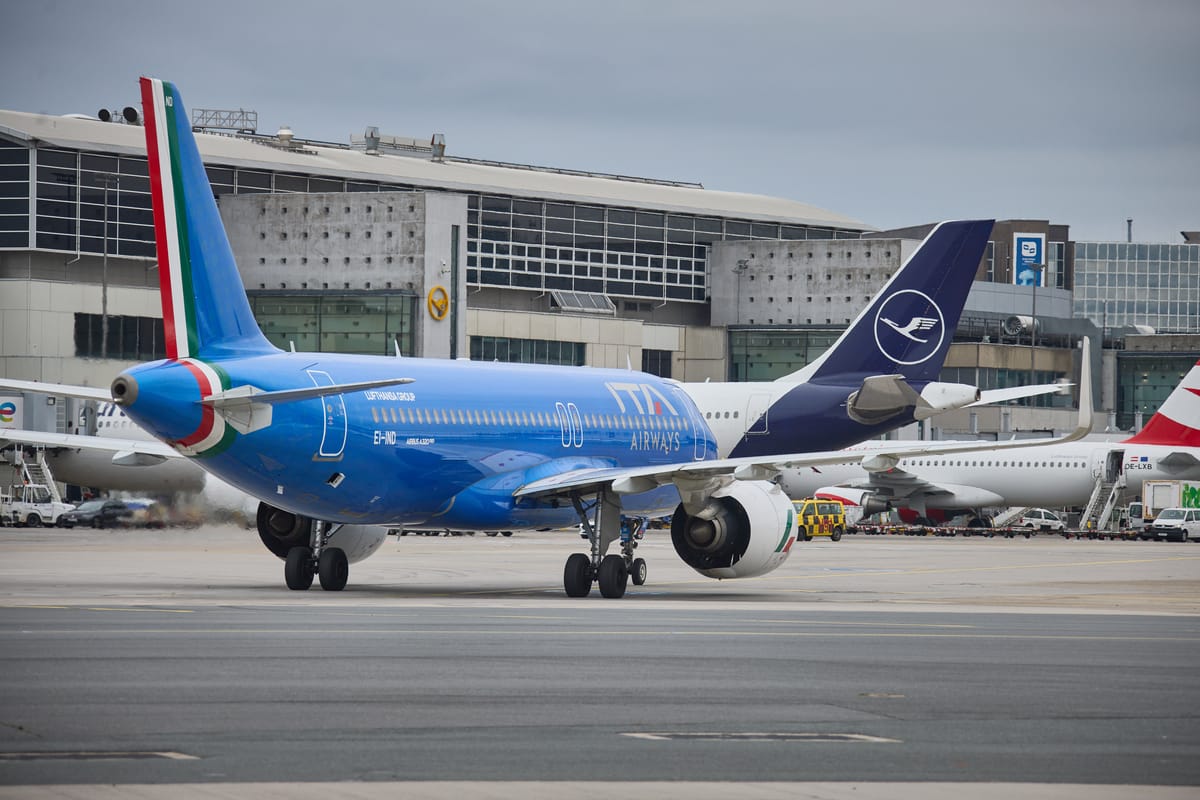
Air Canada, Lufthansa, and United Airlines have asked the Department of Transportation (DOT) to expand the antitrust immunity of their transatlantic joint venture (A++ JV) to include Lufthansa Group’s newest affiliate airline, ITA Airways.
In a filing on October 1, 2025, the trio of airlines requested the DOT to extend the ATI to include ITA Airways following Lufthansa Group’s acquisition of a minority shareholding in the airline in January 2025.
“Including ITA within the existing global ATI granted to the Immunized A++ Carriers will generate significant consumer benefits not achievable through other means while maintaining robust competition across the Atlantic and advancing core US policy objectives of supporting market-driven aviation solutions over state intervention.”
According to the three carriers, which includes Lufthansa Group’s subsidiary airlines, since 2009, when the DOT granted ATI to the A++ JV, they have improved access to various markets, serving over 325 million passengers, and opened 35 “net” new direct connections between the US and Europe alone.
The trio claimed that more than “99% of passengers have benefited from coordinated throughfares specifically designed by the A++ JV” and that they have reduced connection hassles with their “metal-neutral network with coordinated planning, pricing, and customer service across all carriers.”
The DOT’s decision to include ITA Airways is “clear,” considering the facts and the Department’s policies, they argued, noting that a favorable decision will enable the Italian carrier “to offer expanded choices to passengers to and from Italy and the Mediterranean, and will allow Italy, with the support of Lufthansa, to complete the transition of its aviation market from decades of state-subsidized aviation to a commercially sustainable, privately operated model with a strong hub in Rome and robust long-haul connectivity – particularly to North America.”
“In contrast, a refusal to extend ATI would render those consumer benefits unattainable while leading to significant adverse effects on US policy and the economies of both the US and Italy.”
Interestingly, the executive summary pointed out that consumers would have multi-million dollar benefits – with the exact sum blocked out due to a confidentiality request by the petitioners – during the International Air Transport Association (IATA) summer seasons.
The airlines asserted that ITA Airways currently faces “numerous structural disadvantages that impede its development into a significant hub carrier.” Lufthansa’s investments and its experience building its multi-hub model would significantly develop the Italian carrier’s hub at Rome Fiumicino Airport (FCO).
“At minimum, the enhanced codesharing resulting from including ITA in the A++ JV is estimated to result in millions of dollars in consumer benefits per each full IATA summer season, as noted previously.”
Some of the language used in the filing is truly interesting to see, especially compared to the very dull and corporate-like approval request from Iberia and Pegasus Airlines, for example. The scale of the request is much different, but still.
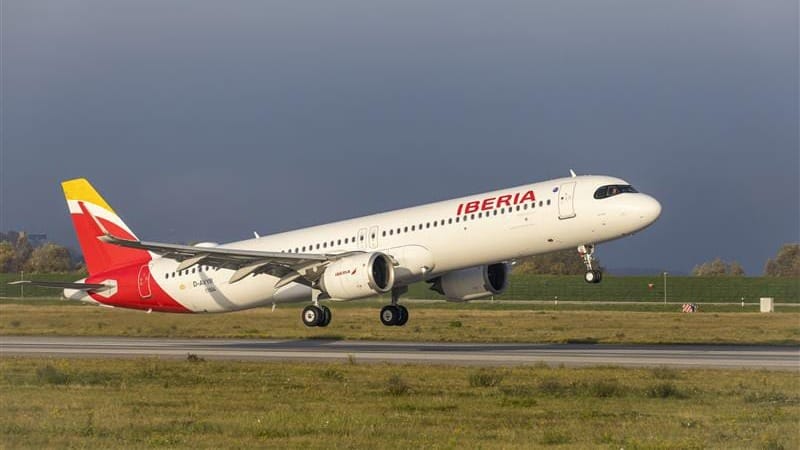
The filing laid out that the Italian aviation market is difficult, with low-cost carriers, such as Ryanair, dominating short-haul and domestic traffic, while ITA Airways has an 8% market share in the country.
Recognizing the market’s realities, the Italian government opted for a different approach following Alitalia’s bankruptcy in 2020. “[…] in accord with US aviation policy preferences for market-driven solutions, designed ITA from inception as an airline that could and would be privatized and be able to operate commercially without state subsidies.”
As such, in order for ITA Airways to thrive and fulfill the Italian government’s goals to have a “commercially viable, network carrier operating without subsidies” that provides connectivity between the US and Italy, the airline’s integration into the A++ JV is “not merely beneficial – [it is] essential,” they argued.
The trio explained that the European Commission (EC), which treated the long-haul networks of the A++ JV carriers as one during its assessment of the Lufthansa and ITA Airways merger, already requested remedies to alleviate competition concerns, which Lufthansa and Ministry of Economy and Finance (Ministero dell'Economia e delle Finanze, MEF), have already implemented by giving slots to British Airways and Air France.
At the time, the EC pointed out that two routes could have suffered from the merger between Lufthansa and ITA Airways: FCO to San Francisco International Airport (SFO) and to Washington Dulles International Airport (IAD).
From the petitioners’ point of view, the market between the US and Italy has plenty of competition, including from new entrants like Alaska Airlines, which is planning its flights from Seattle-Tacoma International Airport (SEA) to FCO.
Denying ITA Airways’ ATI and integration into the A++ JV would undermine Italy’s goals of having a market-based aviation industry, and, bizarrely, “contradict core US policy goals.” That is because without Lufthansa and ITA Airways’ ability to jointly operate their transatlantic networks, the German company “could not be expected to maintain its long-term investment commitment,” spiraling into either Italy once again bailing out the Italian carrier, or leaving the country without proper long-haul connectivity.
“Neither outcome serves US interests.”
The trio concluded that the motion to include ITA Airways in the A++ JV, which they described as “routine,” presents the DOT with an opportunity for the US aviation policy “to support private market solutions to complex international challenges.”
So far, the current DOT leadership’s biggest antitrust challenge has been the situation surrounding Mexico City International Airport (MEX), namely the lack of slots and cargo carriers’ forced move to the city’s Felipe Ángeles International Airport (NLU), and the ATI of Delta Air Lines and Aeromexico’s JV.
Allegiant Air and Viva’s JV has also failed to get ATI from the DOT, with the former pleading for US Senators to take action to enable such “value airline alliances.”
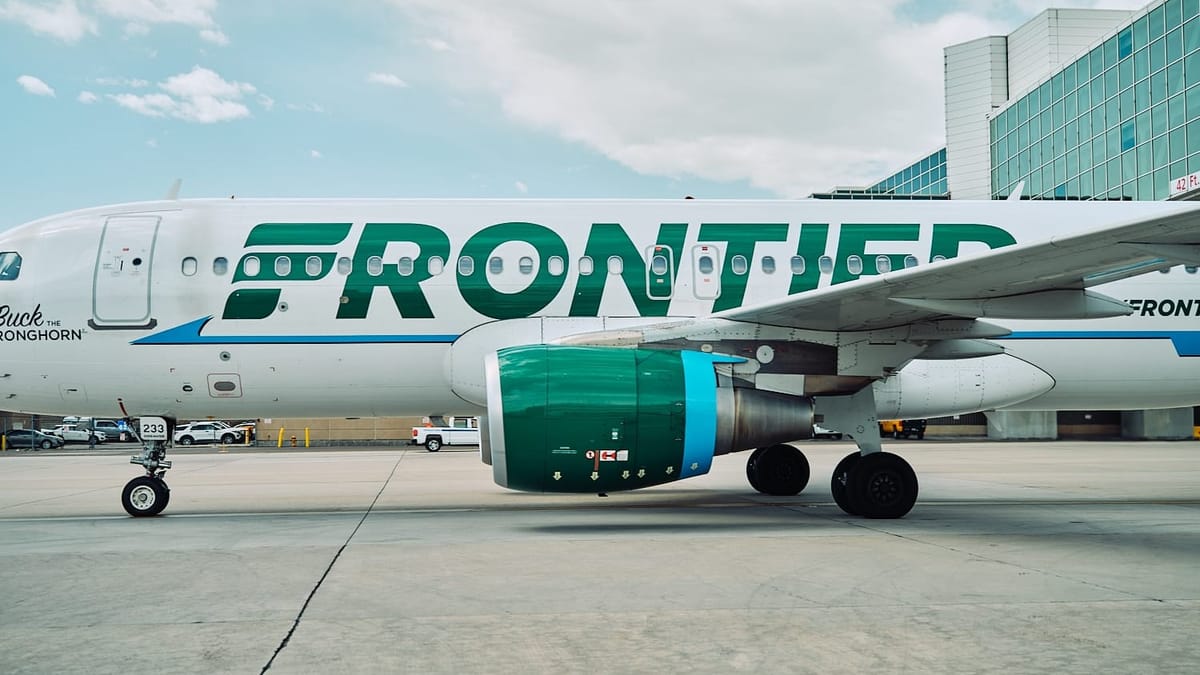
When the DOT decided to end Delta Air Lines and Aeromexico JV’s ATI, it said that “ongoing anticompetitive effects in US-Mexico City markets that provide an unfair advantage to Delta and Aeromexico,” as well as the Mexican government’s “market intervention and distortion,” which affects competition in air travel between the US and Mexico.
“In such an environment, it is inappropriate for the Department to continue a grant of ATI because there is inadequate competition in the market.”



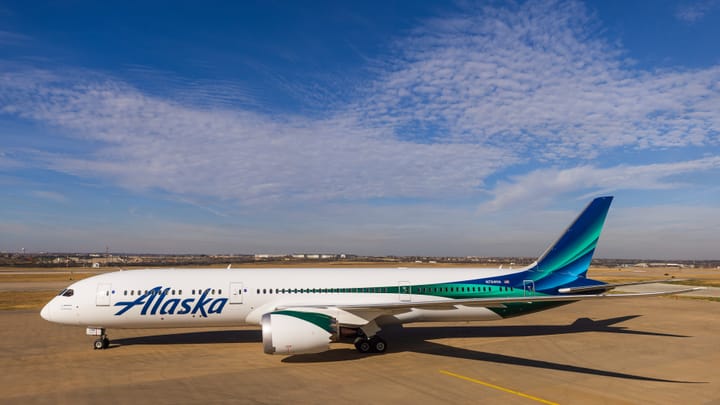
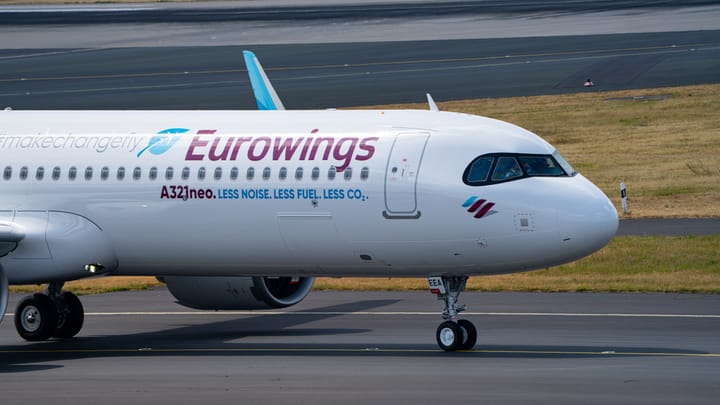
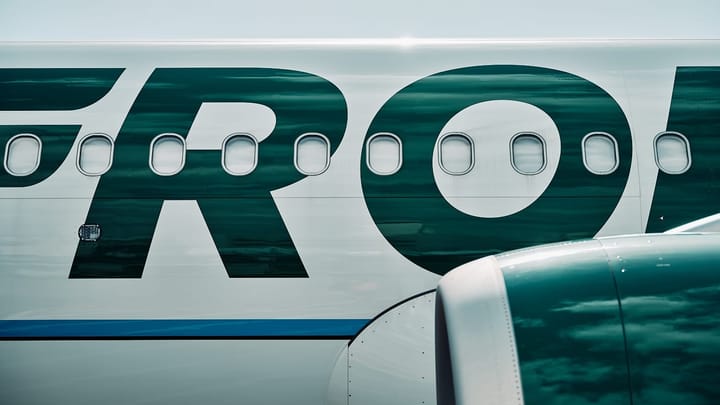
Comments ()